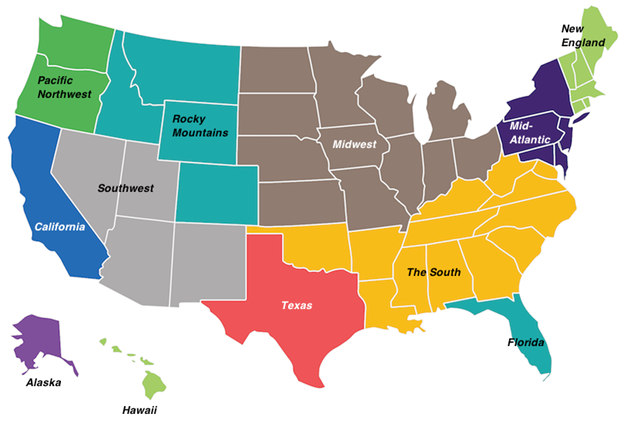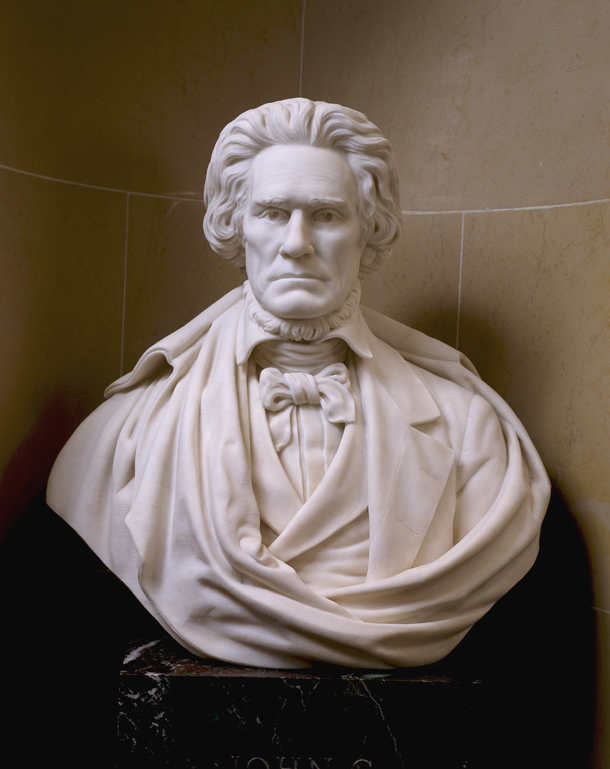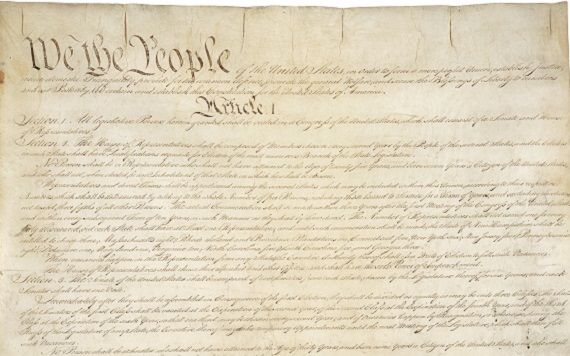The powers of the federal executive have been growing steadily in the United States since Lincoln’s War, which destroyed the limited, coordinating government that had existed in DC up to his time in office and replaced it with a powerful, centralized entity that could stomp upon the States with impunity. Proof of this may be seen in the numbers of executive orders issued by the presidents. Prior to Lincoln’s War they were quite rare, not even totaling 20 in most cases. After that tu...| Abbeville Institute
I have been a big advocate for decentralized power, which in our American context has been connected to “states’ rights;” the most prominent period and example being the American Civil War, where the Southern states resisted centralized federal control and both fought for and applied to their Constitution a strong decentralized states’ rights policy.| Abbeville Institute
John C. Calhoun was a brilliant political theorist and distinguished politician, and a noted champion of rights for minorities. The importance of his thoughts is reflected both in the doctrine of states’ rights, as well as in relation to the federal system which serves as a textbook example of effective state management. Calhoun was also one of the first to observe that constitutional provisions which set limits on government powers, if open to interpretation, will almost always be in favor...| Abbeville Institute




